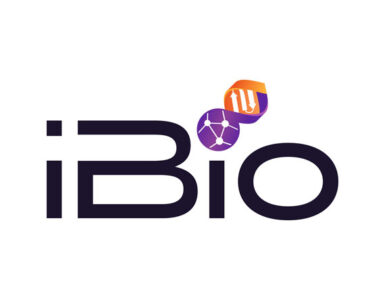
Closely-held Azura Ophthalmics of Israel announced positive topline results from a Phase 2 program evaluating the company’s investigational therapy for the treatment of Meibomian gland dysfunction (MGD).
The company’s AZR-MD-001 met its primary endpoints showing improvements in signs and symptoms of MGD, reaching statistical significance, compared with control.
MGD is a chronic and progressive condition where the glands that line the eyelids become blocked, preventing them from secreting enough oil into the tear film needed to properly lubricate the eye. MGD represents one of the largest and most underserved segments in ophthalmology but current treatment options are limited and do not address the root cause of the disease.
In a statement, Marc Gleeson, CEO of Azura, said the statistically significant and clinically meaningful improvement in the signs and symptoms of MGD “validates our multi-mechanism of action and suggests that AZR-MD-001 has the potential to be a first-in-class treatment option for patients with Meibomian gland dysfunction.”
He said the study findings also provide insight into target populations, appropriate dosing and endpoints for our Phase 3 program.
AZR-MD-001, is designed to restore Meibomian gland function by addressing the abnormal hyperkeratinization that blocks the glands, alters the quality of the oil and prevents the secretion of lipids into the tears. There are currently no approved medicines for the treatment of MGD.
Research shows that MGD is the main cause of dry eye disease (DED). Dr. Edward Holland, M.D., director of cornea services and Professor of clinical ophthalmology, Cincinnati Eye Institute at the University of Cincinnati, said that though there are approved treatments for DED, they are only appropriate for the patients where inflammation is the cause of the disease.
Research shows that 86% of people with DED exhibit signs of MGD. “By addressing the underlying cause of Meibomian gland dysfunction that leads to dry eye, Azura is taking an entirely different approach to the disease that has the potential to benefit a much broader population of patients,” he added.





